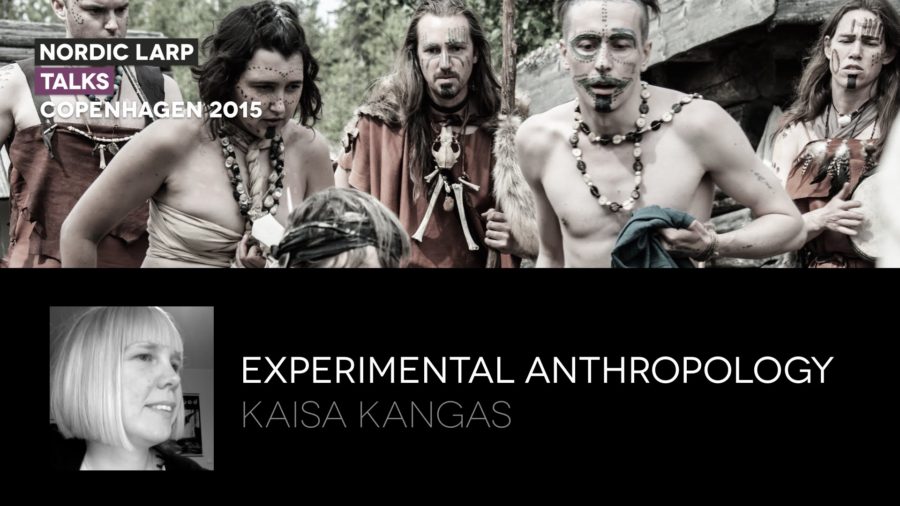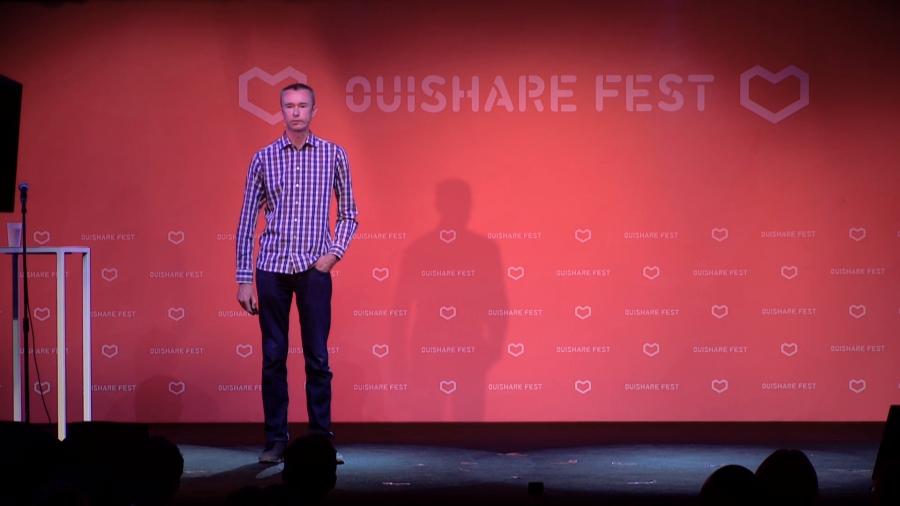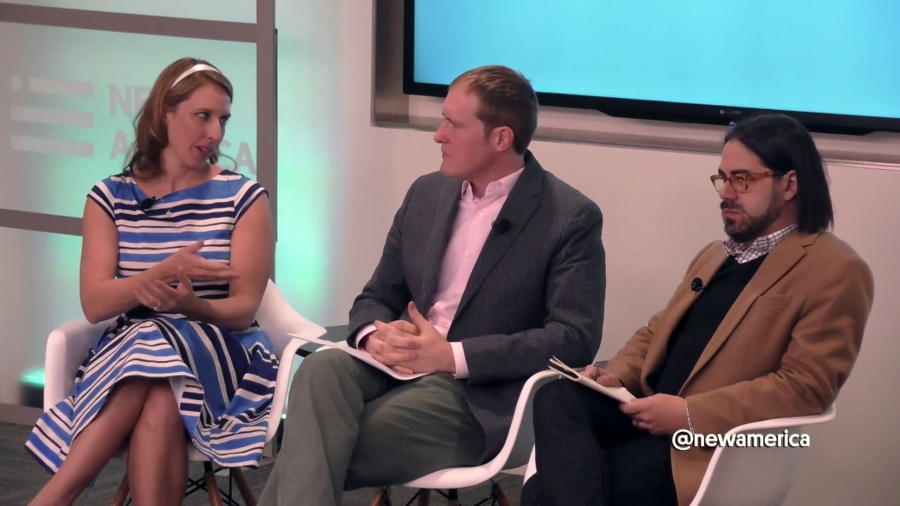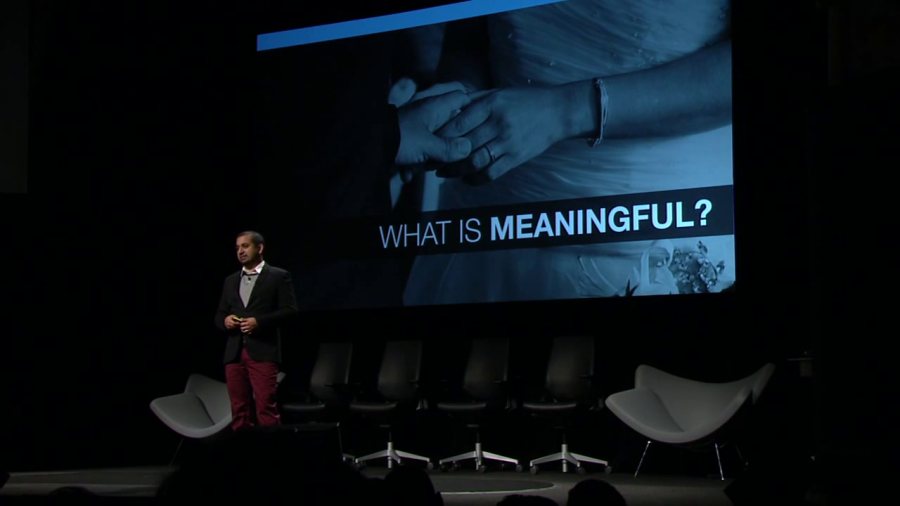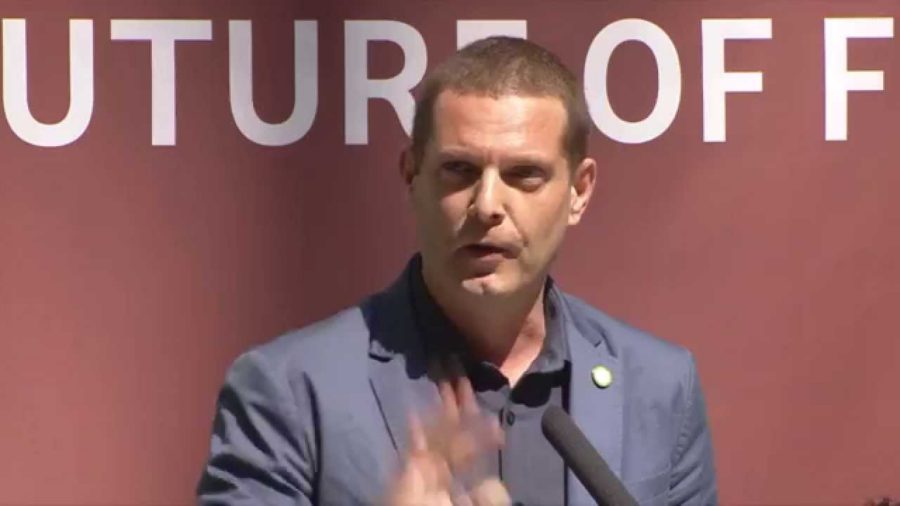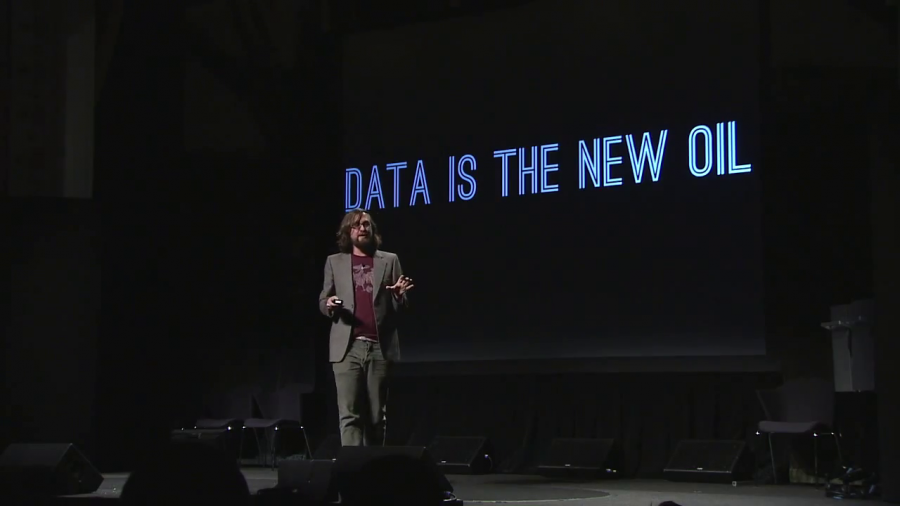In experimental archaeology, we could for instance try to make the kind of shoes that our hunter-gatherer ancestors might have had, and test how long they last in use.
But what if we are interested in completely different kinds of questions. Like, did they have rules for whom you’re allowed to have sex with? How did they raise their kids? We could always look at existing hunter-gatherer cultures and guess that the culture might have been similar. But could we attempt to test our hypotheses, someway?

